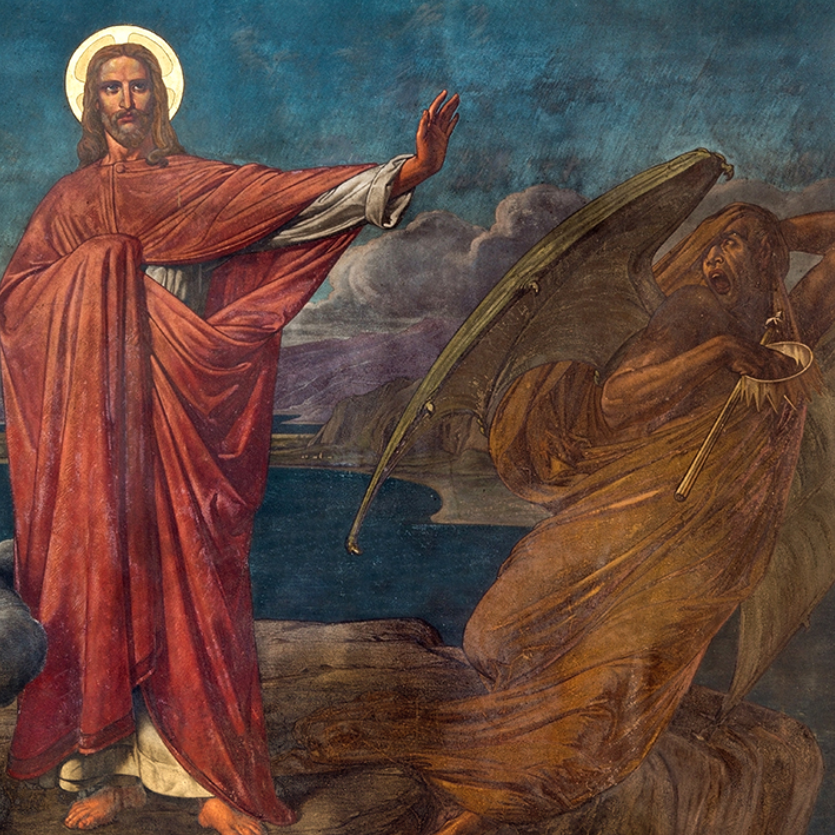 |
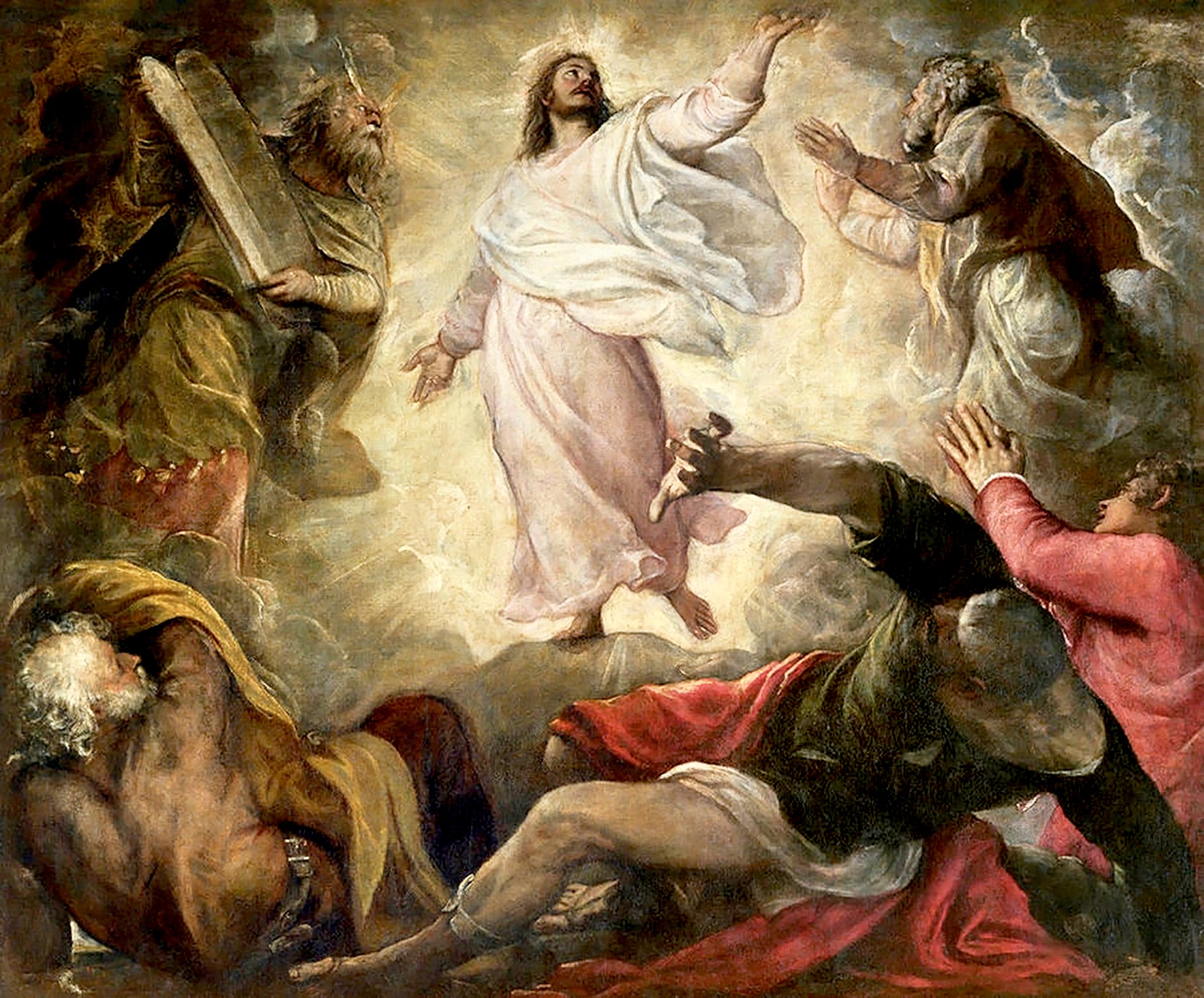 |
| First Week of Lent - Prayer Reflection and Daily Intentions Guide Click here to download. |
Second Week of Lent - Prayer Reflection and Daily Intentions Guide Click here to download. |
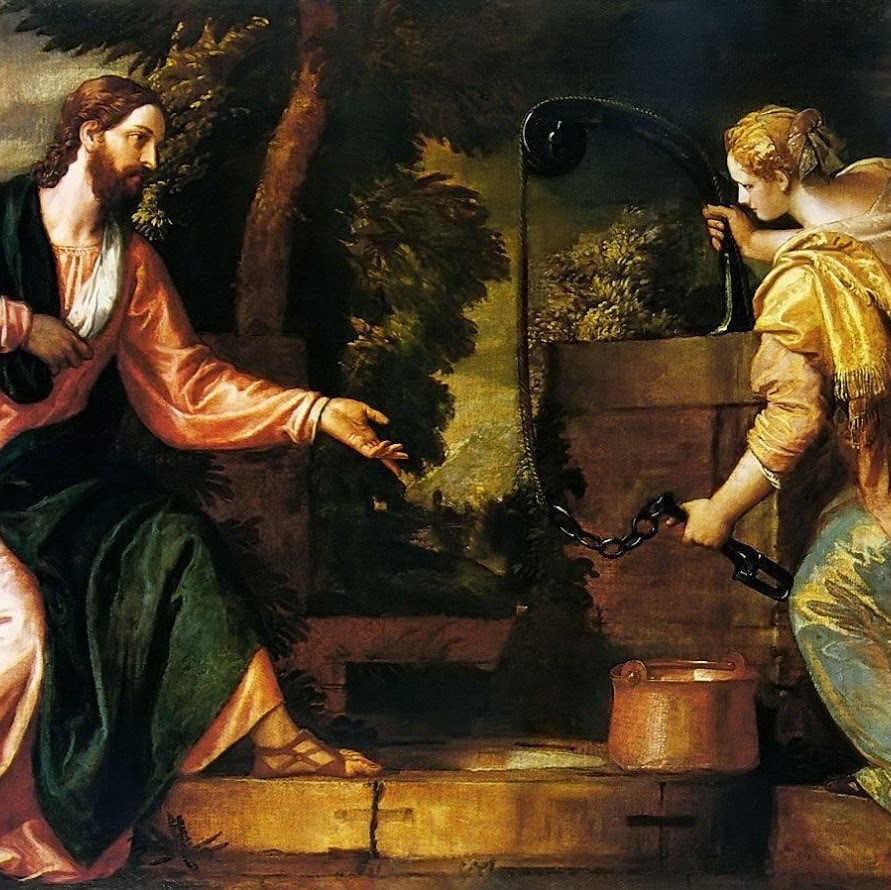 |
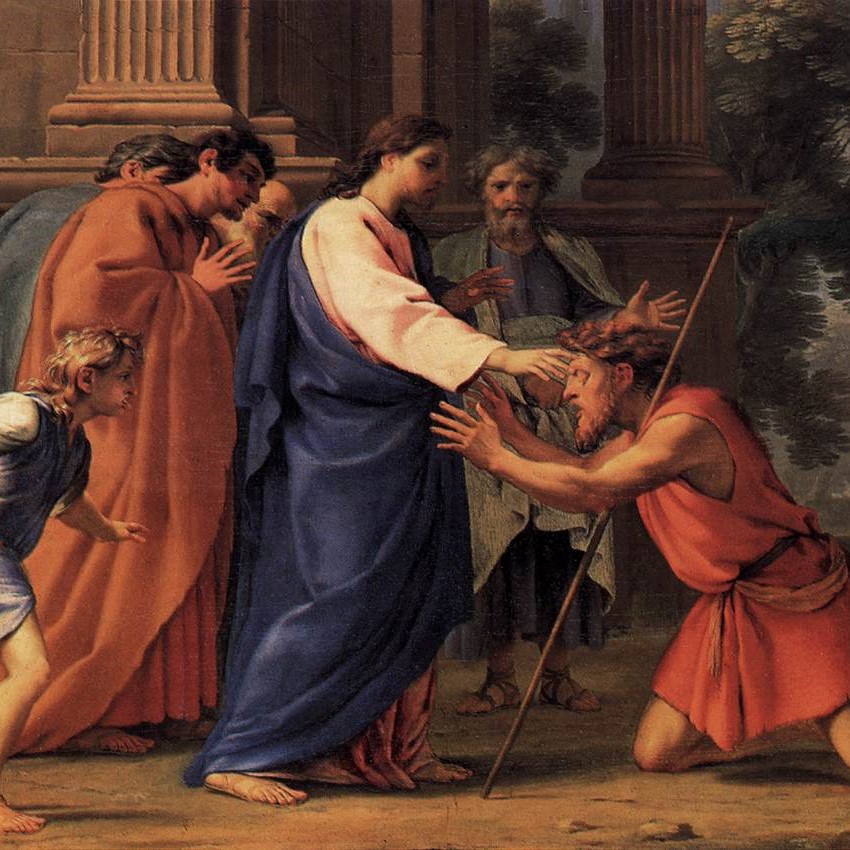
|
| Third Week of Lent - Prayer Reflection and Daily Intentions Guide Click here to download. |
Fourth Week of Lent - Prayer Reflection and Daily Intentions Guide |
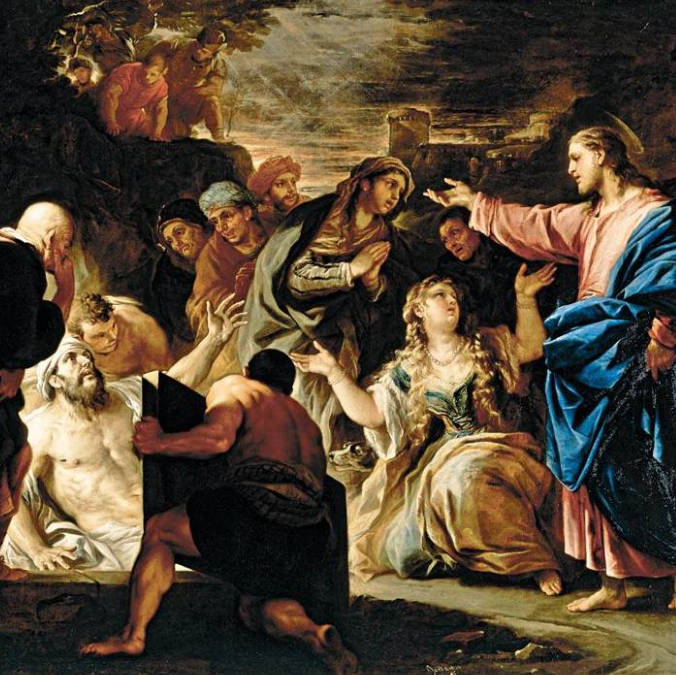 |
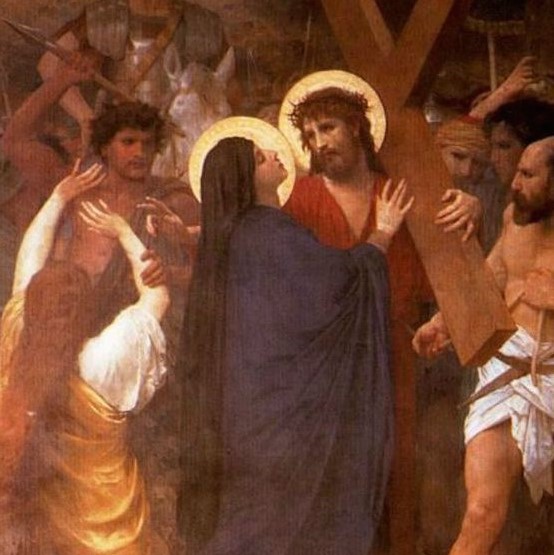 |
| Fifth Week of Lent - Prayer Reflection and Daily Intentions Guide Click here to download. |
Holy Week - Prayer Reflection and Daily Intentions Guide Click here to download. |
For a full list of Adoration times in our Parishes on Holy Thursday, please click here.
Our Lenten Obligation
Church law considers every Friday and the season of Lent as penitential days and times. The practice of penance is a part of our faith and Christian life. When we do penance, we imitate Jesus, who Himself recommended it as necessary to His followers, and gave them the example of His prayer and fasting.
The Lenten obligation, as determined for Catholics in the United States by our bishops, requires that fasting be observed on Ash Wednesday and Good Friday. The law of abstinence is to be observed on Ash Wednesday and all the Fridays of Lent.
Who must fast?
All Catholics who are between the ages of 18 and 59. The obligation ceases when one begins his/her 60th year on his/her 59th birthday.
Who must abstain?
All Catholics who are 14 years and older.
What does fasting mean?
The observance of fasting means that those obliged may take only one full meal on the day of fast. Two lighter meals (not equal to another full meal) may be taken to maintain strength according to one’s needs.
What does abstinence mean?
The law of abstinence forbids the eating of meat, including poultry. Voluntary abstinence refers to refraining from lawful pleasures in a spirit of penance.
Can anyone be dispensed or excused from fast and/or abstinence?
Individuals for a just cause may be dispensed by their pastor or by a priest with the faculty to do so. In our Diocese all priests may dispense individuals who are committed to their pastoral care. Those who are ill or have a similar serious reason are excused from the observance of fast and abstinence. Catholics are reminded that they should not lightly excuse themselves from this obligation.
Are there other obligations which we should fulfill?
Catholics are obliged to fulfill what has been called their “Easter Duty.” They are required to receive Holy Communion during the Easter time. In the United States this obligation can be fulfilled from the First Sunday of Lent until Trinity Sunday (March 6 until June 12, 2022). Those conscious of serious sin are reminded of the obligation to confess their sins at least once a year during this time.
Catholics also are encouraged to make Lent a time of more intense prayer and to practice almsgiving and other works of charity. Parishes are encouraged to continue participation in Operation Rice Bowl.
Nuestra obligación de cuaresma
La ley eclesiástica considera todos los viernes y el tiempo de Cuaresma como los días y tiempo de penitencia. La práctica de la penitencia es una parte de nuestra fe y vida cristiana. Cuando hacemos penitencia, imitamos a Jesús, Él mismo recomendó como necesario para sus seguidores y les dio el ejemplo de su oración y ayuno.
La obligación de Cuaresma, según lo determinado por los católicos en los Estados Unidos por nuestros obispos, requiere que se observe el ayuno el miércoles de Ceniza y el Viernes Santo. La ley de la abstinencia se observa el miércoles de Ceniza y todos los viernes de Cuaresma.
¿Quién debe ayunar?
Todos los católicos que están entre las edades de 18 y 59. La obligación cesa cuando se haya cumplido los 59 años.
¿Quién debe abstenerse?
Todos los católicos que tienen 14 años y mayores.
¿Qué significa el ayuno?
La observancia del ayuno significa que los obligados pueden tomar sólo una comida completa en el día de ayuno. Dos comidas más ligeras (que no igualen a una comida completa) pueden tomarse para mantener la fuerza de acuerdo a las necesidades de uno.
¿Qué significa la abstinencia?
La ley de la abstinencia prohíbe el consumo de carne, incluidas las aves de corral. Abstinencia voluntaria se refiere a abstenerse de los placeres lícitos en un espíritu de penitencia.
¿Puede alguien ser dispensado o excusado de ayunar y/o la abstinencia?
Los individuos de una causa justa pueden ser dispensados por su párroco o un sacerdote con facultad para hacerlo. En nuestra diócesis todos los sacerdotes pueden dispensar las personas que están comprometidos con su cuidado pastoral.
Los que están enfermos o tienen una razón similar seria están excusados de la observancia del ayuno y la abstinencia. Se les recuerda a los católicos que no deben excusarse a sí mismos de esta obligación.
¿Existen otras obligaciones que debemos cumplir?
Los católicos están obligados a cumplir con lo que se ha llamado su "deber de Pascua." Ellos están obligados a recibir la Sagrada Comunión durante el tiempo de Pascua. En los Estados Unidos esta obligación puede ser cumplida a partir del Primer Domingo de Cuaresma hasta el Domingo de Trinidad (6 de marzo hasta el 12 de junio del 2022). Los que tienen conciencia de pecado grave se les recuerda de la obligación de confesar sus pecados al menos una vez al año durante este tiempo.
También se les anima a los católicos a hacer de la Cuaresma un tiempo de oración más intensa y de practicar la limosna y otras obras de caridad. Se anima a las parroquias a continuar su participación en la Operación Plato de Arroz.








